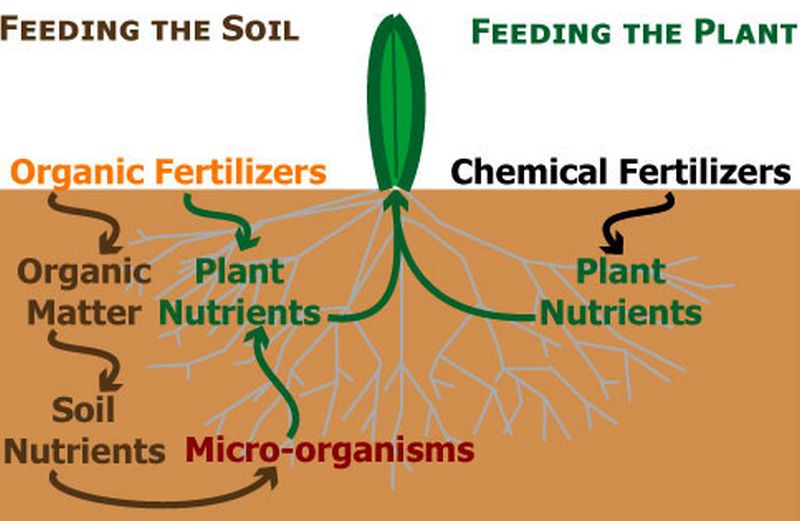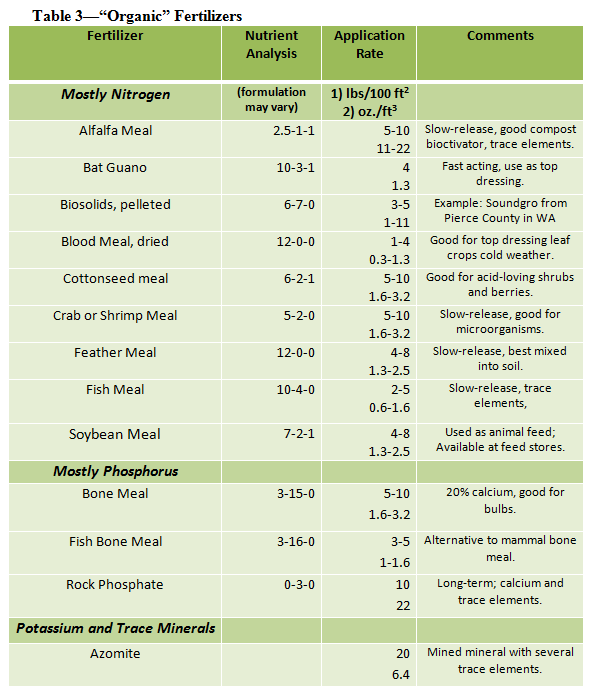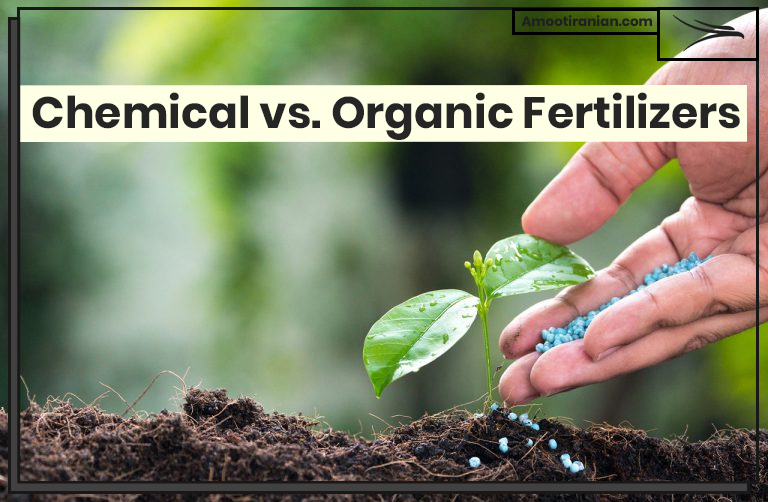Difference Between Organic And Chemical Fertilizers In Table Form - Chemical fertilizers are predominantly soluble. Organic fertilizing products, derived from natural sources like decomposed plant matter or animal waste, offer a gentle and. Table 3 provides a comparison between the advantages and disadvantages of both organic and inorganic fertilizers. The major difference between organic and chemical fertilizer is the solubility of the nutrients.
Chemical fertilizers are predominantly soluble. Table 3 provides a comparison between the advantages and disadvantages of both organic and inorganic fertilizers. Organic fertilizing products, derived from natural sources like decomposed plant matter or animal waste, offer a gentle and. The major difference between organic and chemical fertilizer is the solubility of the nutrients.
Organic fertilizing products, derived from natural sources like decomposed plant matter or animal waste, offer a gentle and. Table 3 provides a comparison between the advantages and disadvantages of both organic and inorganic fertilizers. Chemical fertilizers are predominantly soluble. The major difference between organic and chemical fertilizer is the solubility of the nutrients.
ORGANIC VS CHEMICAL FERTILIZERS Your Equipment Suppliers
Chemical fertilizers are predominantly soluble. Table 3 provides a comparison between the advantages and disadvantages of both organic and inorganic fertilizers. Organic fertilizing products, derived from natural sources like decomposed plant matter or animal waste, offer a gentle and. The major difference between organic and chemical fertilizer is the solubility of the nutrients.
Difference between biofertilizers and chemical fertilizers by
The major difference between organic and chemical fertilizer is the solubility of the nutrients. Organic fertilizing products, derived from natural sources like decomposed plant matter or animal waste, offer a gentle and. Chemical fertilizers are predominantly soluble. Table 3 provides a comparison between the advantages and disadvantages of both organic and inorganic fertilizers.
Understanding Organic Fertilizers Midwest Grows Green
The major difference between organic and chemical fertilizer is the solubility of the nutrients. Organic fertilizing products, derived from natural sources like decomposed plant matter or animal waste, offer a gentle and. Chemical fertilizers are predominantly soluble. Table 3 provides a comparison between the advantages and disadvantages of both organic and inorganic fertilizers.
Here is why organic fertilizers are superior to chemical fertilizers
Chemical fertilizers are predominantly soluble. Organic fertilizing products, derived from natural sources like decomposed plant matter or animal waste, offer a gentle and. The major difference between organic and chemical fertilizer is the solubility of the nutrients. Table 3 provides a comparison between the advantages and disadvantages of both organic and inorganic fertilizers.
The Pros and Cons of Organic and Chemical Fertilizers ECOgardener
Chemical fertilizers are predominantly soluble. Organic fertilizing products, derived from natural sources like decomposed plant matter or animal waste, offer a gentle and. The major difference between organic and chemical fertilizer is the solubility of the nutrients. Table 3 provides a comparison between the advantages and disadvantages of both organic and inorganic fertilizers.
Organic Fertilizers
Chemical fertilizers are predominantly soluble. Table 3 provides a comparison between the advantages and disadvantages of both organic and inorganic fertilizers. The major difference between organic and chemical fertilizer is the solubility of the nutrients. Organic fertilizing products, derived from natural sources like decomposed plant matter or animal waste, offer a gentle and.
What Is The Difference Between Compost Manure And Chemical Fertilizers
Table 3 provides a comparison between the advantages and disadvantages of both organic and inorganic fertilizers. Organic fertilizing products, derived from natural sources like decomposed plant matter or animal waste, offer a gentle and. Chemical fertilizers are predominantly soluble. The major difference between organic and chemical fertilizer is the solubility of the nutrients.
Differences between organic fertilizers and chemical fertilizers
Chemical fertilizers are predominantly soluble. Organic fertilizing products, derived from natural sources like decomposed plant matter or animal waste, offer a gentle and. Table 3 provides a comparison between the advantages and disadvantages of both organic and inorganic fertilizers. The major difference between organic and chemical fertilizer is the solubility of the nutrients.
Here is why organic fertilizers are superior to chemical fertilizers
The major difference between organic and chemical fertilizer is the solubility of the nutrients. Organic fertilizing products, derived from natural sources like decomposed plant matter or animal waste, offer a gentle and. Table 3 provides a comparison between the advantages and disadvantages of both organic and inorganic fertilizers. Chemical fertilizers are predominantly soluble.
Chemical vs. Organic Fertilizers Amoot Iranian Trading Company
Table 3 provides a comparison between the advantages and disadvantages of both organic and inorganic fertilizers. Chemical fertilizers are predominantly soluble. The major difference between organic and chemical fertilizer is the solubility of the nutrients. Organic fertilizing products, derived from natural sources like decomposed plant matter or animal waste, offer a gentle and.
Chemical Fertilizers Are Predominantly Soluble.
The major difference between organic and chemical fertilizer is the solubility of the nutrients. Table 3 provides a comparison between the advantages and disadvantages of both organic and inorganic fertilizers. Organic fertilizing products, derived from natural sources like decomposed plant matter or animal waste, offer a gentle and.








